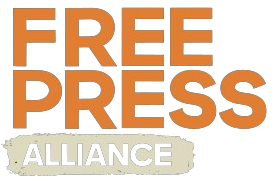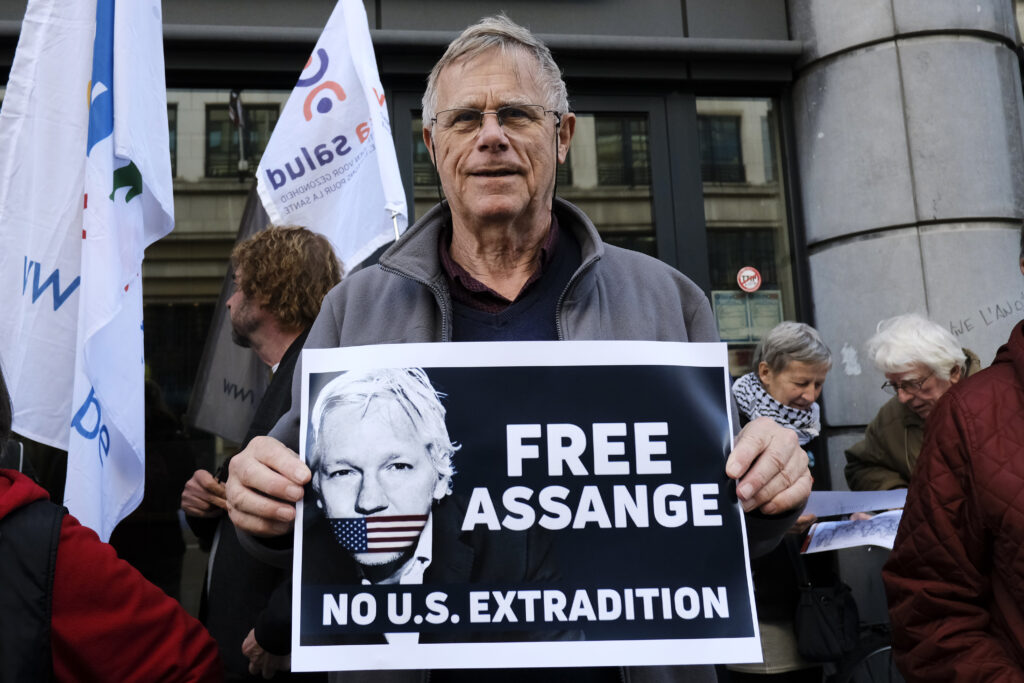WikiLeaks founder Julian Assange has been released from the UK’s Belmarsh prison and is set to return to Australia after agreeing to a US plea deal. Assange, 52, will plead guilty to a single count of violating U.S. espionage law. The one relating to conspiracy to obtain and disclose classified U.S. national defense documents. He was freed on Monday and immediately flown out of the UK, with a court appearance scheduled in Saipan, a US Pacific territory, where he will be sentenced to 62 months, accounting for the time he has already served.
Assange’s release follows a long legal battle against extradition to the US, where he faced 17 counts under the Espionage Act. His supporters argue that, as a publisher, he should not have faced charges typically reserved for those who steal or leak information. Press freedom advocates have highlighted the threat to free speech posed by his prosecution and despite the relief of his impending freedom, the implications for journalists of the Espionage Act remain a concern.
Assange’s rise to prominence began with WikiLeaks’ 2006 launch, which facilitated anonymous submissions of classified material. High-profile releases, such as footage of a US helicopter attack in Baghdad and a trove of diplomatic cables, earned WikiLeaks international acclaim. Assange’s journey from refuge in the Ecuadorian embassy in London to his arrest and prolonged incarceration has drawn widespread attention and support, culminating in this plea deal amid growing pressure on the Biden administration to resolve the case. Australian Prime Minister Anthony Albanese and press freedom advocates have welcomed his release, emphasizing the need to bring Assange home and the significance of safeguarding journalistic practices.

